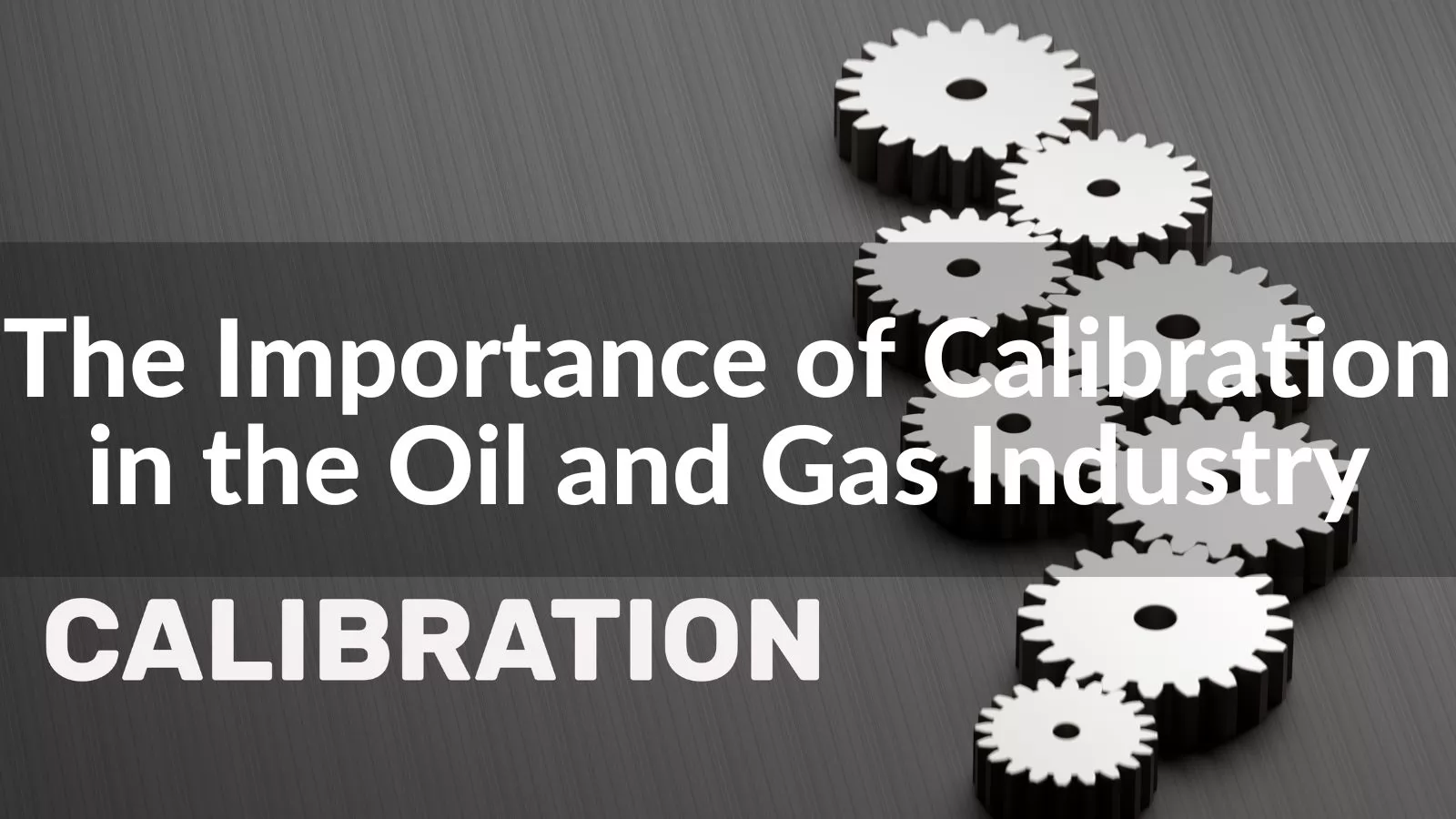
Temperature calibration plays a vital role in achieving precision and accuracy in the oil and gas industry. It involves the process of verifying and adjusting temperature measuring instruments and equipment to ensure they provide reliable and consistent results within specified tolerances. Temperature calibration ensures that temperature-related measurements are accurate, enabling operators to make informed decisions, maintain safe operating conditions, and achieve optimal performance throughout the industry.
By calibrating temperature measuring devices, such as temperature calibrators and equipment, the oil and gas industry can minimize uncertainties, identify measurement errors, and enhance overall operational efficiency. Moreover, calibration helps maintain the integrity of measurement systems, contributes to quality control, and supports compliance with industry standards and regulations.
1. Why is Calibration Important in the Industry?
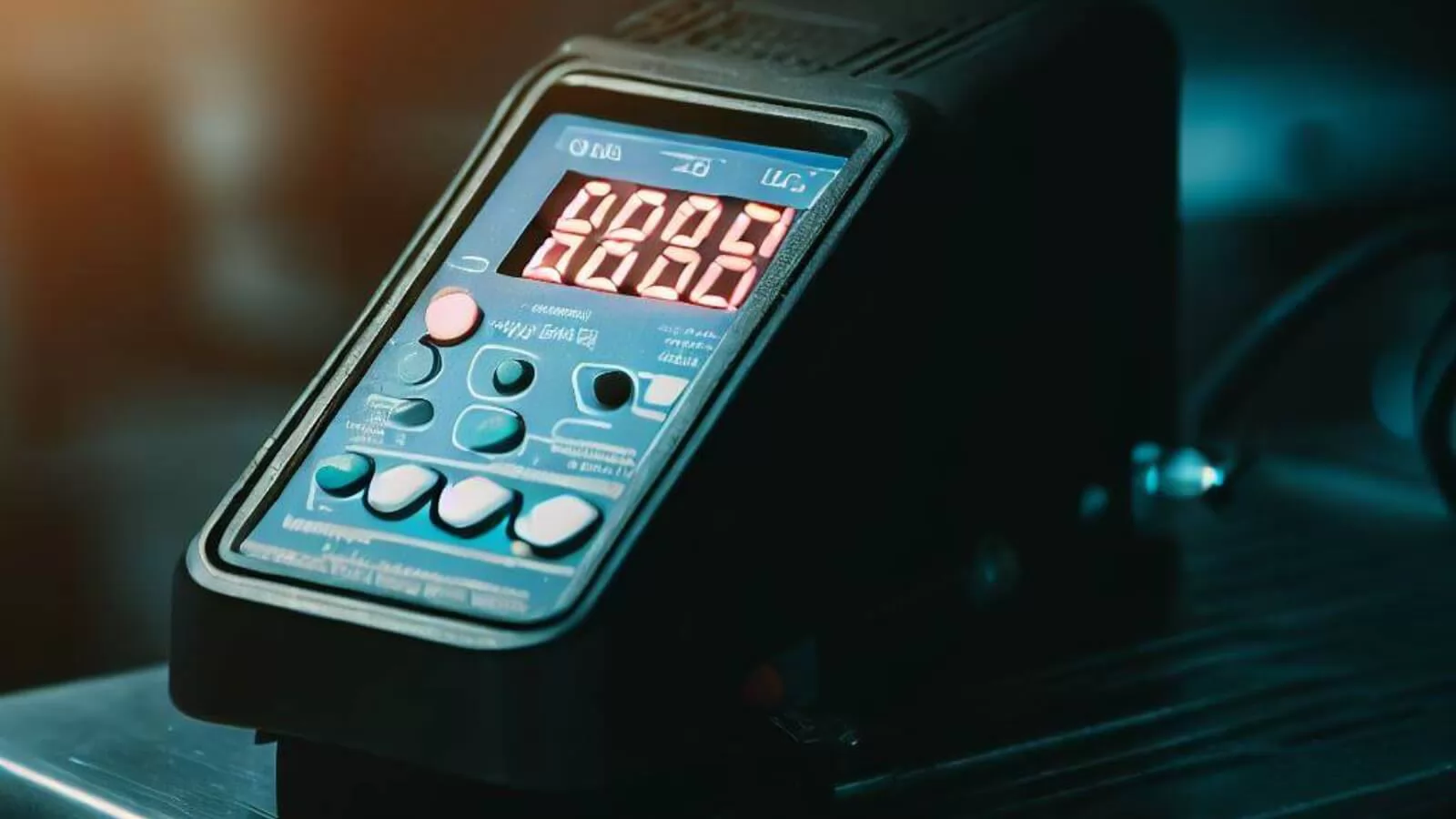
Calibration plays a vital role in the oil and gas industry, and its importance can be highlighted through the following points:
2. What is Calibration of Gas Measuring Equipment?
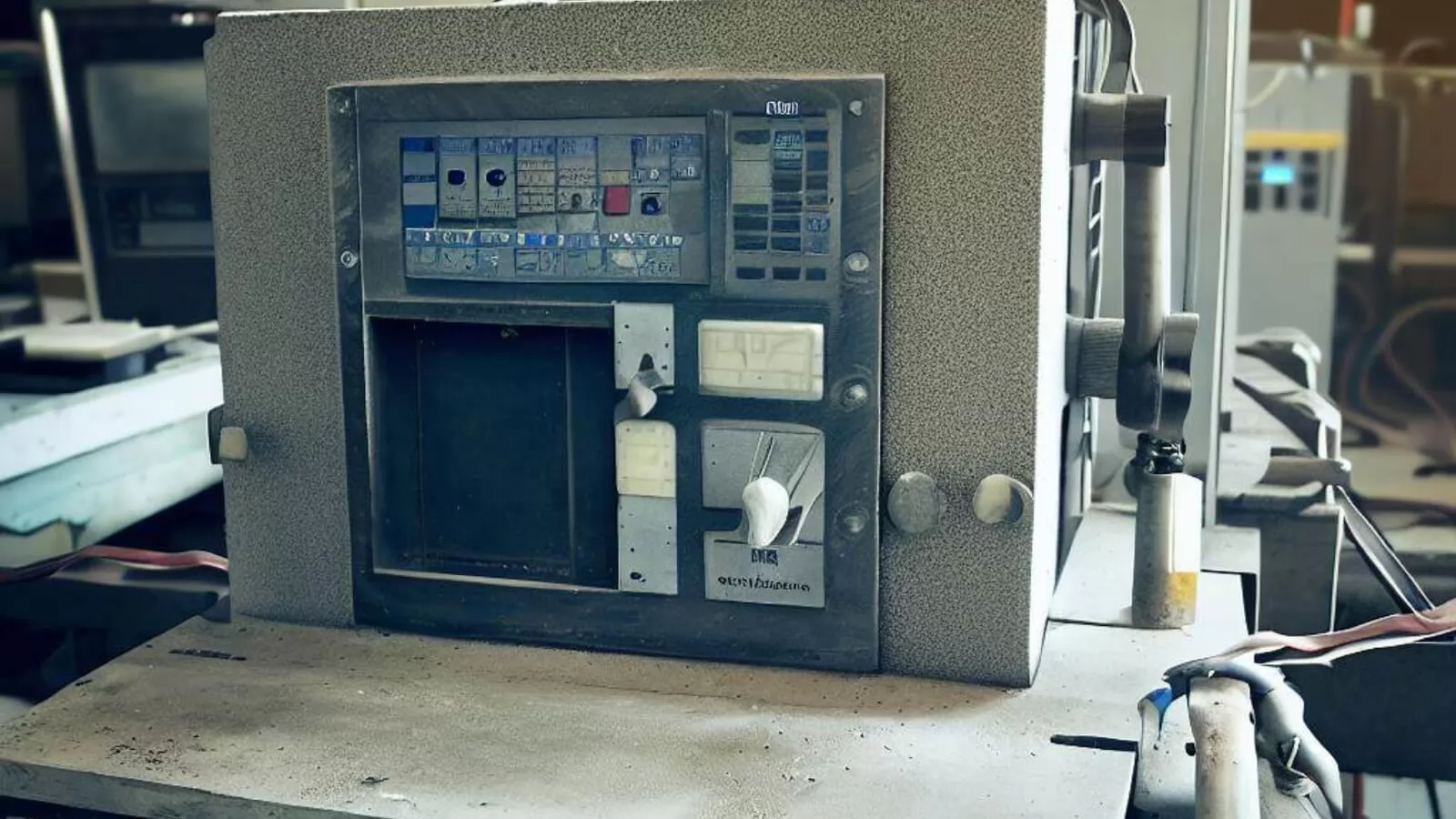
By calibrating gas measuring equipment, the industry can:
A. Ensure Reliable Data: Calibration ensures that gas measuring instruments provide precise and reliable measurements. This reliability is crucial for decision-making processes, such as determining gas composition, flow rates, and emissions. Accurate measurements enable operators to monitor processes effectively, identify potential issues, and implement necessary corrective measures.
B. Maintain Compliance: The oil and gas industry is subject to rigorous regulations and standards to ensure environmental and operational safety. Calibration is essential for complying with these standards. By calibrating gas measuring equipment, the industry ensures that measurements meet the required accuracy and reliability criteria, facilitating compliance with regulatory requirements.
C. Optimize Resource Management: Accurate gas measurement is crucial for efficient resource management in the oil and gas industry. Calibration ensures that accurate data is obtained for determining resource quantities, optimizing production processes, and reducing waste. This enables efficient utilization of resources, cost savings, and improved sustainability.
3. Calibration Standards in the Oil and Gas Industry
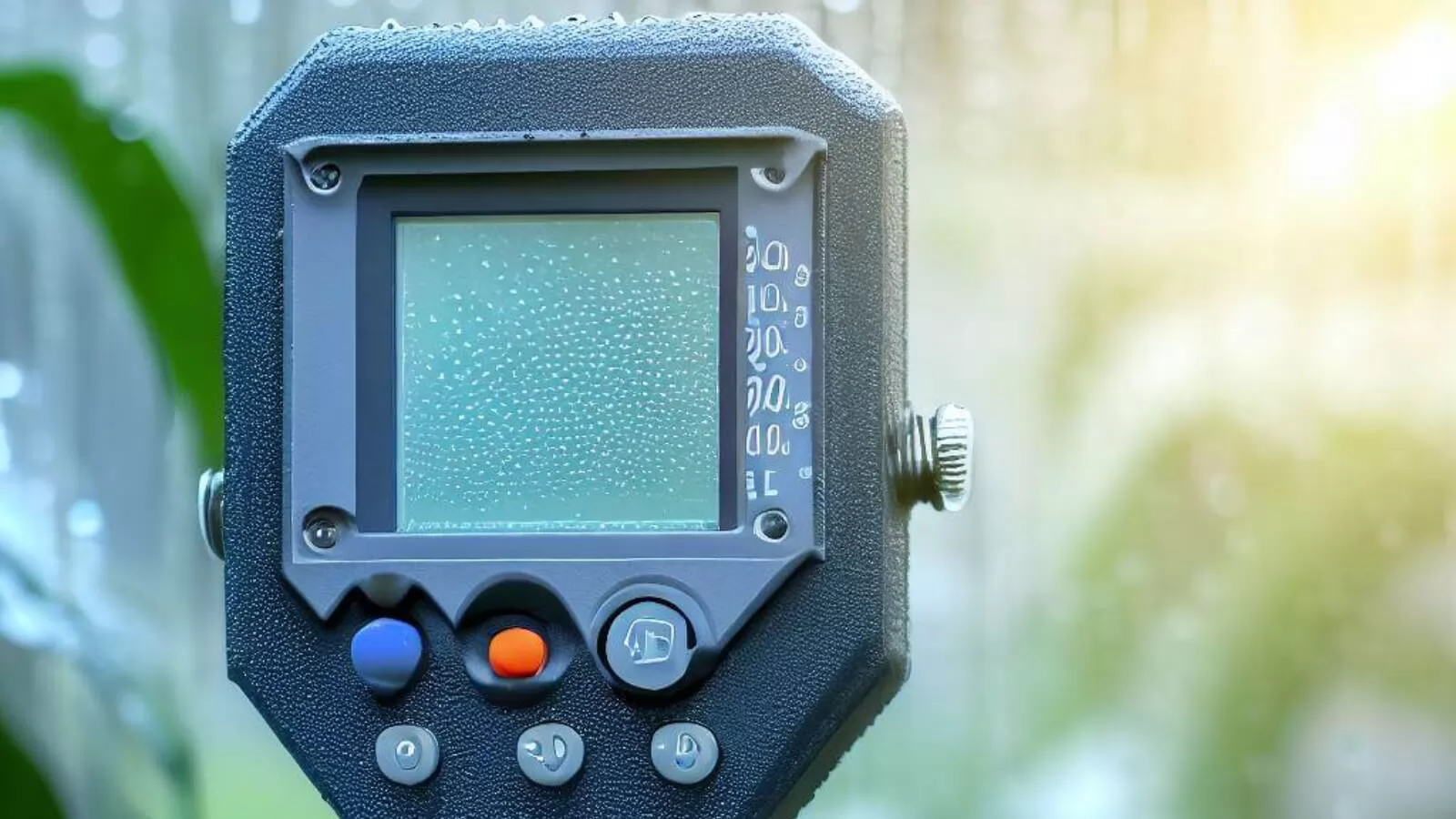
To assure precision, dependability, and uniformity across many processes and activities, the oil and gas sector operates under strict calibration requirements. These calibration standards aid in preserving consistency and provide easy sharing of measurement information. The following are some well-known calibration standards used in the oil and gas sector:
A. API MPMS: The API's Manual of Petroleum Measurement Standards (MPMS) offers guidance for the industry's calibration practises and processes. It ensures precise and standardised calibration procedures by covering a variety of topics, such as temperature, pressure, flow, and density measurements.
B. ISO 17025: The general specifications for the proficiency of calibration laboratories are outlined in this international standard. To meet the measurement demands of the oil and gas sector, ISO 17025 assures that calibration laboratories adhere to accepted quality management practises, preserve traceability, and offer precise calibration services.
C. NIST: The National Institute of Standards and Technology (NIST) in the United States plays a crucial role in establishing calibration standards and providing traceable calibration services. NIST ensures that calibration measurements are traceable to international standards, maintaining the integrity and accuracy of measurements within the industry.
4. Temperature Calibration Equipment and Manufacturers
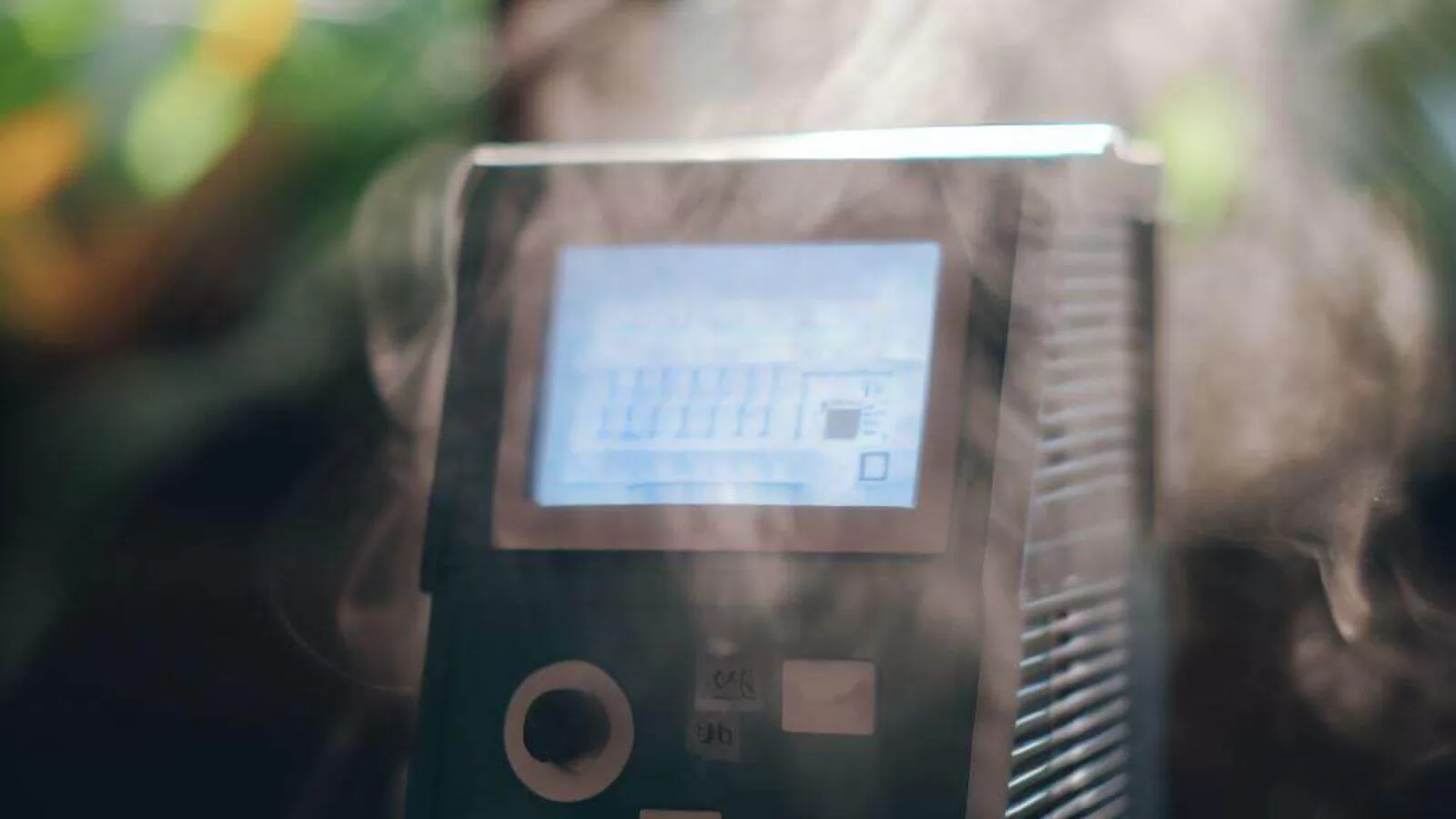
Temperature calibration relies on specialized equipment, such as temperature calibrators and dry block calibrators. These instruments provide precise temperature references for calibration purposes. Several reputable manufacturers in the industry offer temperature calibration equipment, including:
➤ Dearto: Dearto focuss on the research and development of temperature and humidity measurement and calibration technology, adheres to independent innovation, and aims to create an industry model of intelligent temperature and humidity measurement and calibration instruments.
Conclusion
Temperature calibration holds immense importance in the oil and gas industry. It ensures accurate and reliable temperature measurements, leading to enhanced safety, improved efficiency, and compliance with industry standards. By utilizing calibration practices, the industry can optimize operations, reduce costs, and make informed decisions based on precise temperature data. Embracing calibration standards and utilizing quality temperature calibration equipment from reputable manufacturers are essential steps in maintaining accuracy and achieving excellence in the oil and gas sector.
If you have other questions, please contact us!



